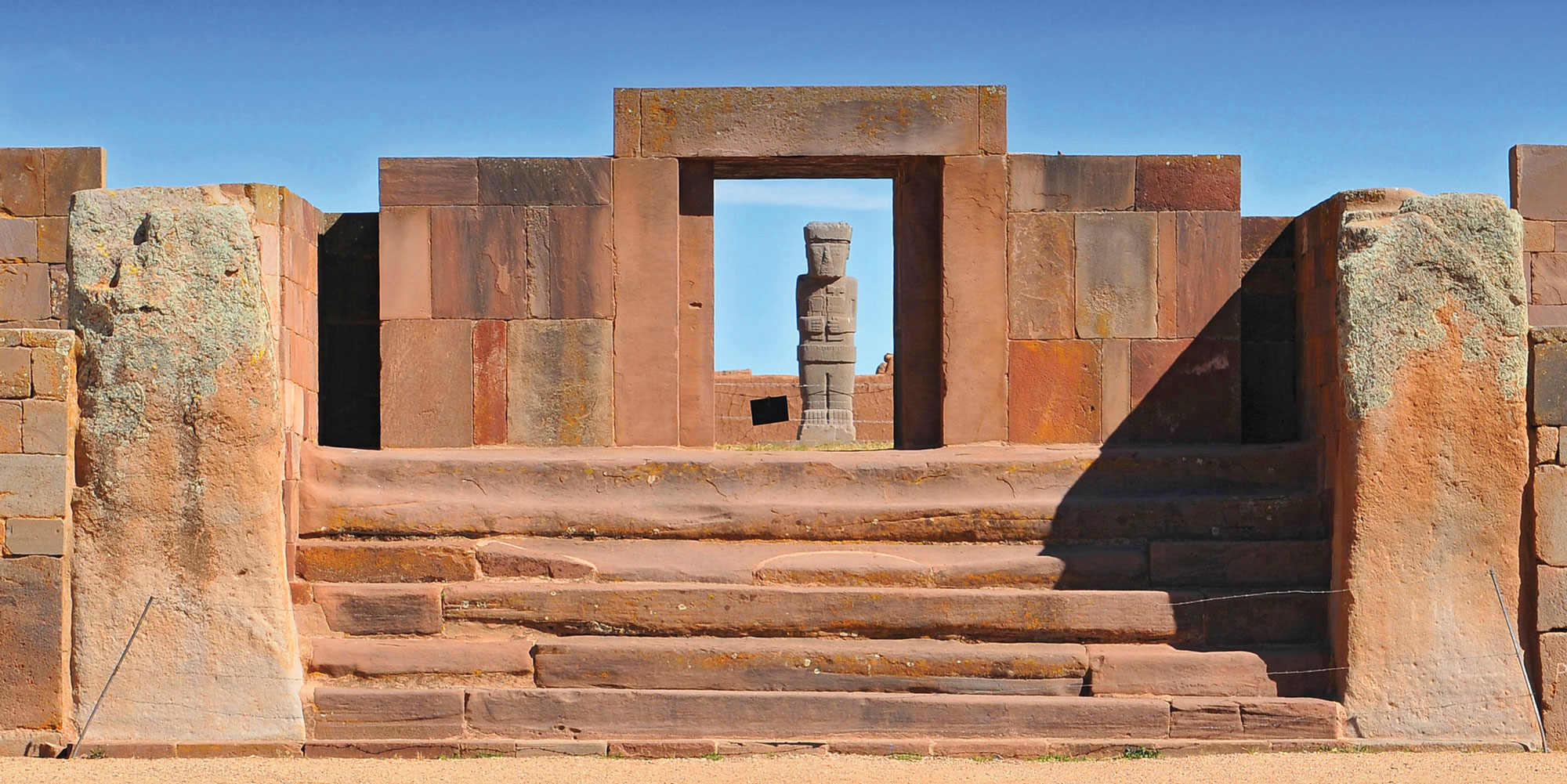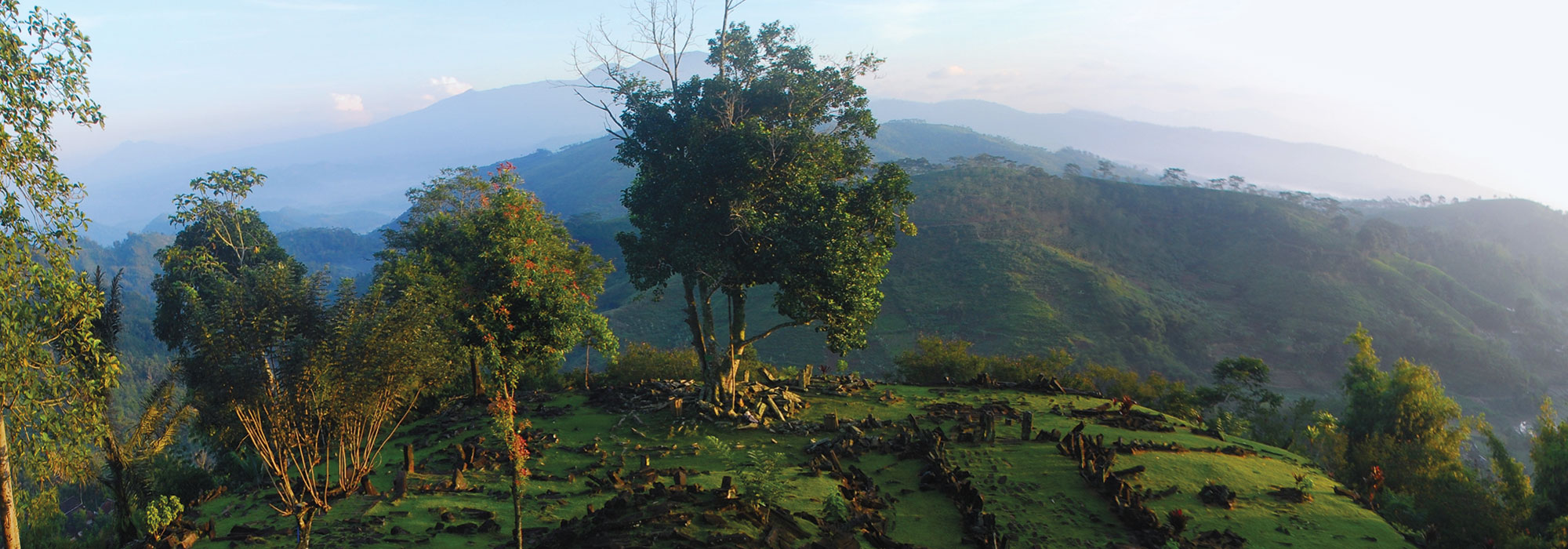CANBERRA, AUSTRALIA—According to a statement released by The Australian National University, evidence of Neanderthal life between 100,000 and 65,000 years ago at the site of Abric Pizarro, which is located in Spain in the foothills of the Southern Pyrenees, suggests that the archaic humans were able to adapt to their environment and thrive in harsh conditions before modern humans arrived in the region. “The animal bones we have recovered indicate that they were successfully exploiting the surrounding fauna, hunting red deer, horses, and bison, but also eating freshwater turtles and rabbits, which imply a degree of planning rarely considered for Neanderthals,” said Sofia Samper Carro of The Australian National University. (It has been long been assumed that Neanderthals only hunted large mammals such as horses and rhinoceros.) “The bones on this site are very well preserved, and we can see marks of how Neanderthals processed and butchered these animals,” she added. Analysis of stone artifacts from Abric Pizarro also indicates that these Neanderthals produced tools to exploit the resources that were available in the area. “They clearly knew what they were doing,” Samper Carro said. “They knew the area and how to survive for a long time,” she concluded. Read the original scholarly article about this research in Journal of Archaeological Science. To read about a rare footprint of a likely Neanderthal that was uncovered near the Rock of Gibraltar, go to "Around the World: Spain."
Spain’s Neanderthals Thrived Before the Arrival of Modern Humans
News August 16, 2024
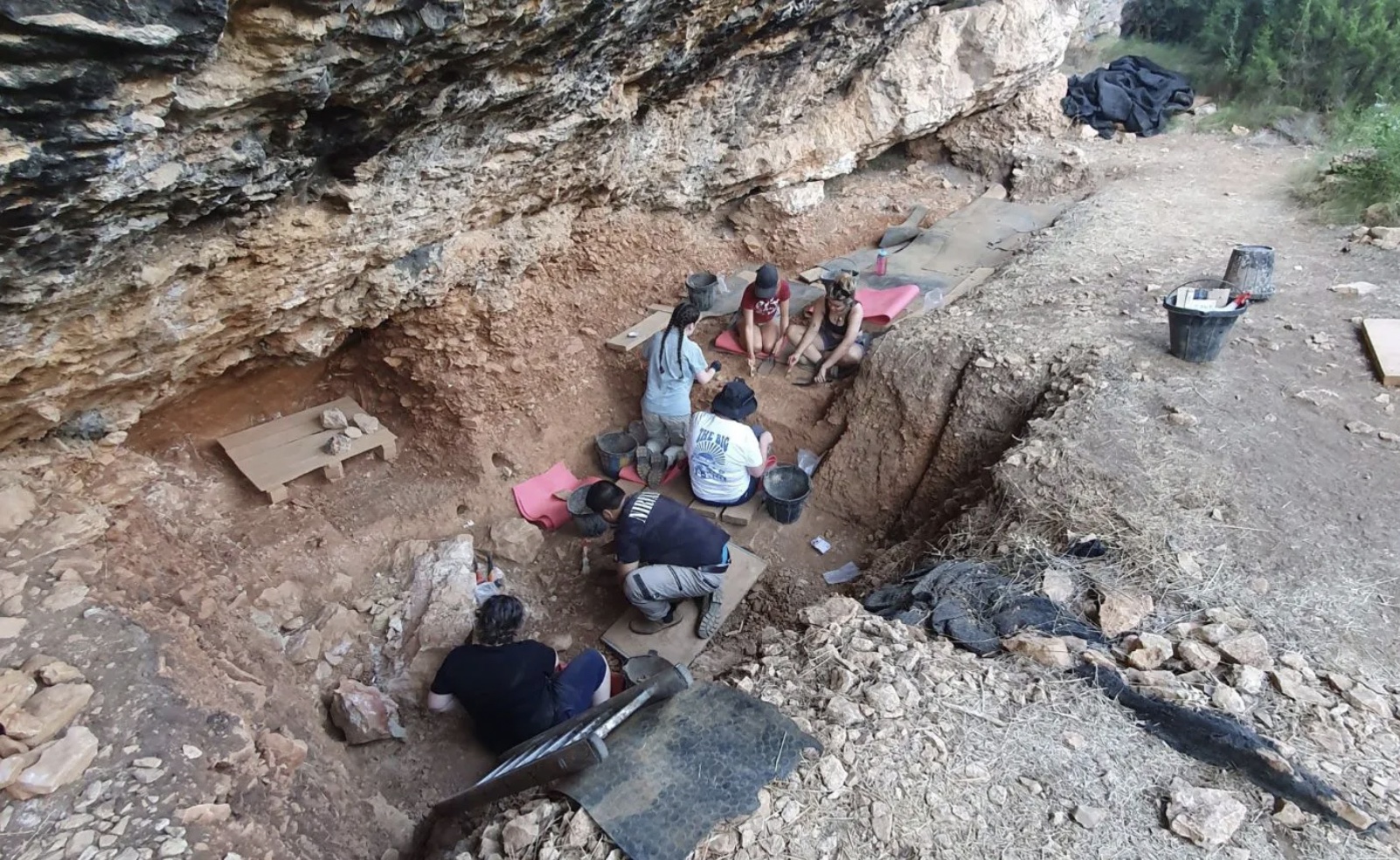
Recommended Articles
Digs & Discoveries September/October 2021
Neanderthal Hearing
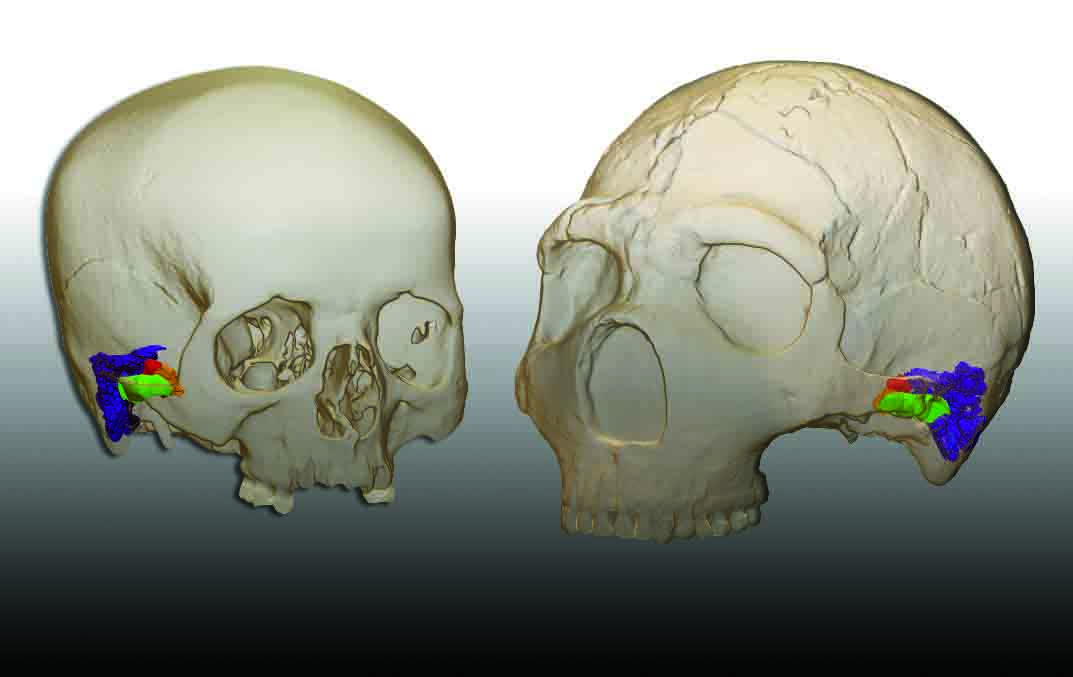
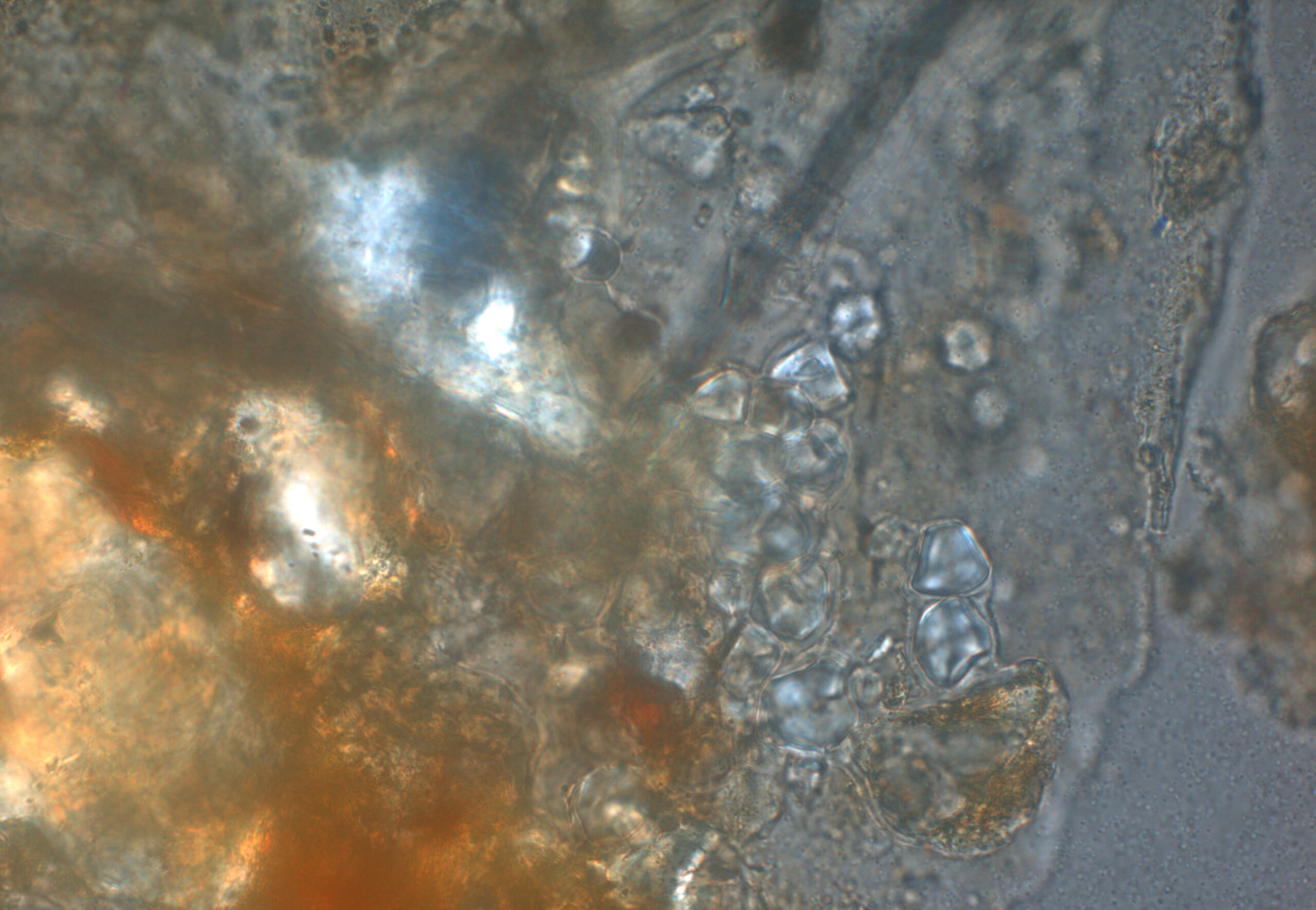
Digs & Discoveries September/October 2012
A Portrait of the Artist as a Young Neanderthal?
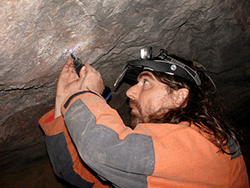
Digs & Discoveries January/February 2026
Full Nesters

-
Features July/August 2024
The Assyrian Renaissance
Archaeologists return to Nineveh in northern Iraq, one of the ancient world’s grandest imperial capitals
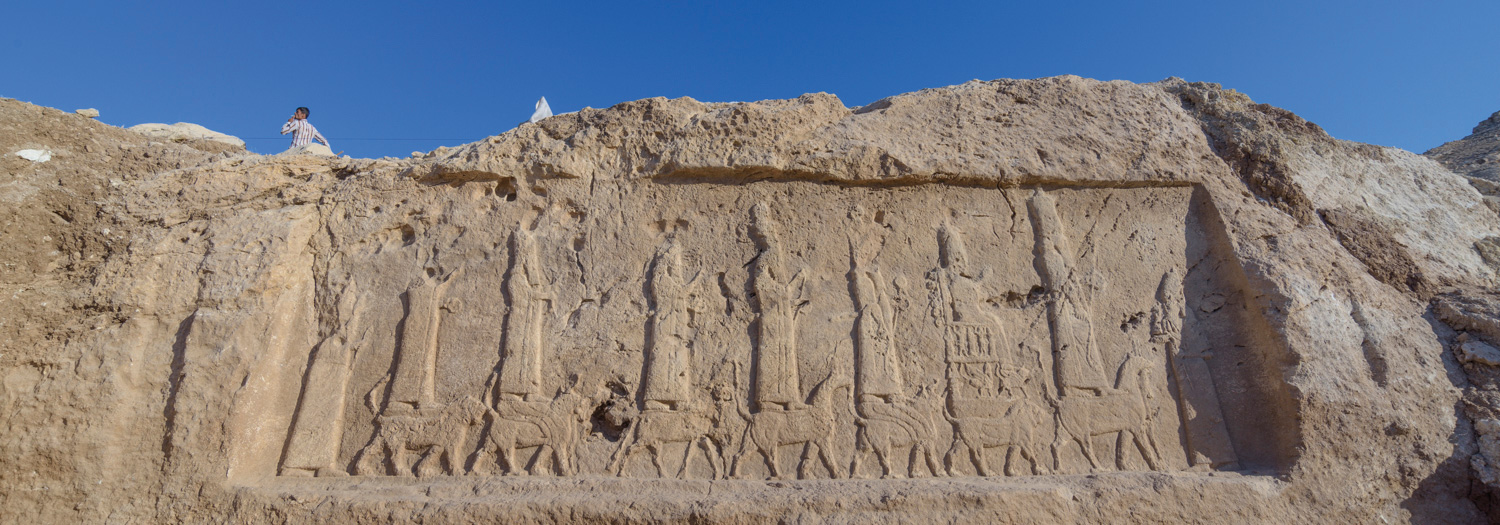 (Land of Nineveh Archaeological Project)
(Land of Nineveh Archaeological Project) -
Features July/August 2024
A Dynasty Born in Fire
How an upstart Maya king forged a new social order amid chaos
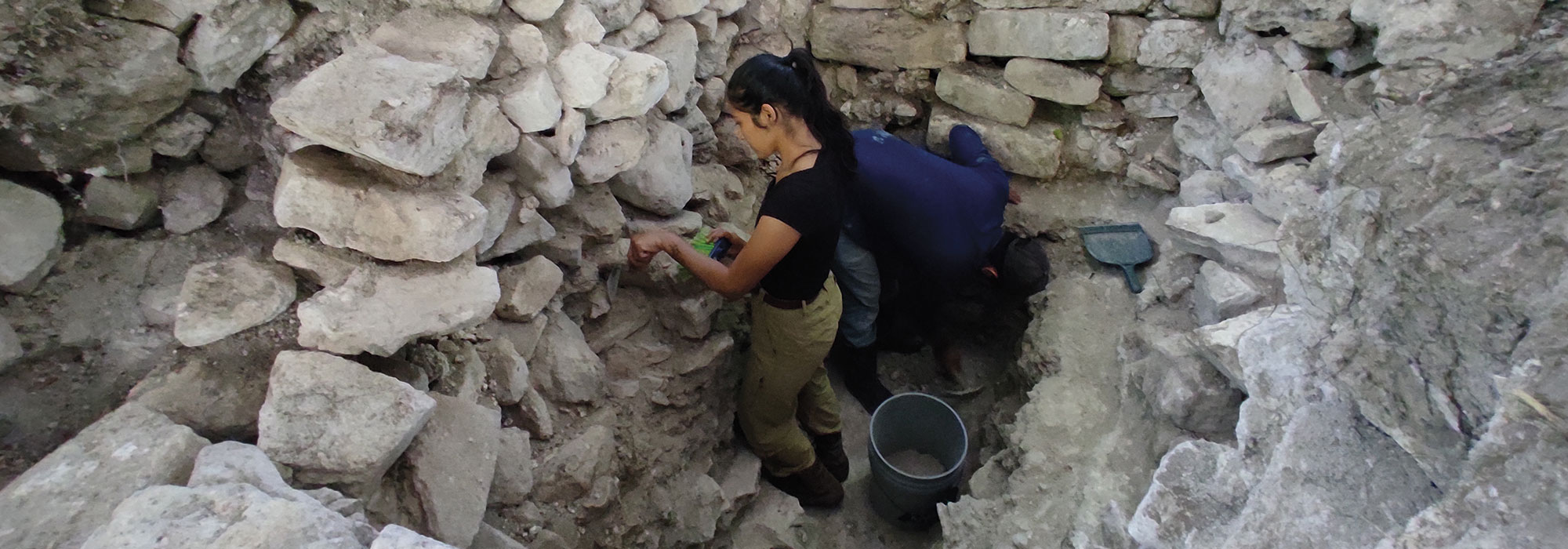 (Courtesy Proyecto Arqueológico Ucanal)
(Courtesy Proyecto Arqueológico Ucanal) -
Features July/August 2024
Making a Roman Emperor
A newly discovered monumental arch in Serbia reveals a family’s rise to power in the late second century a.d.
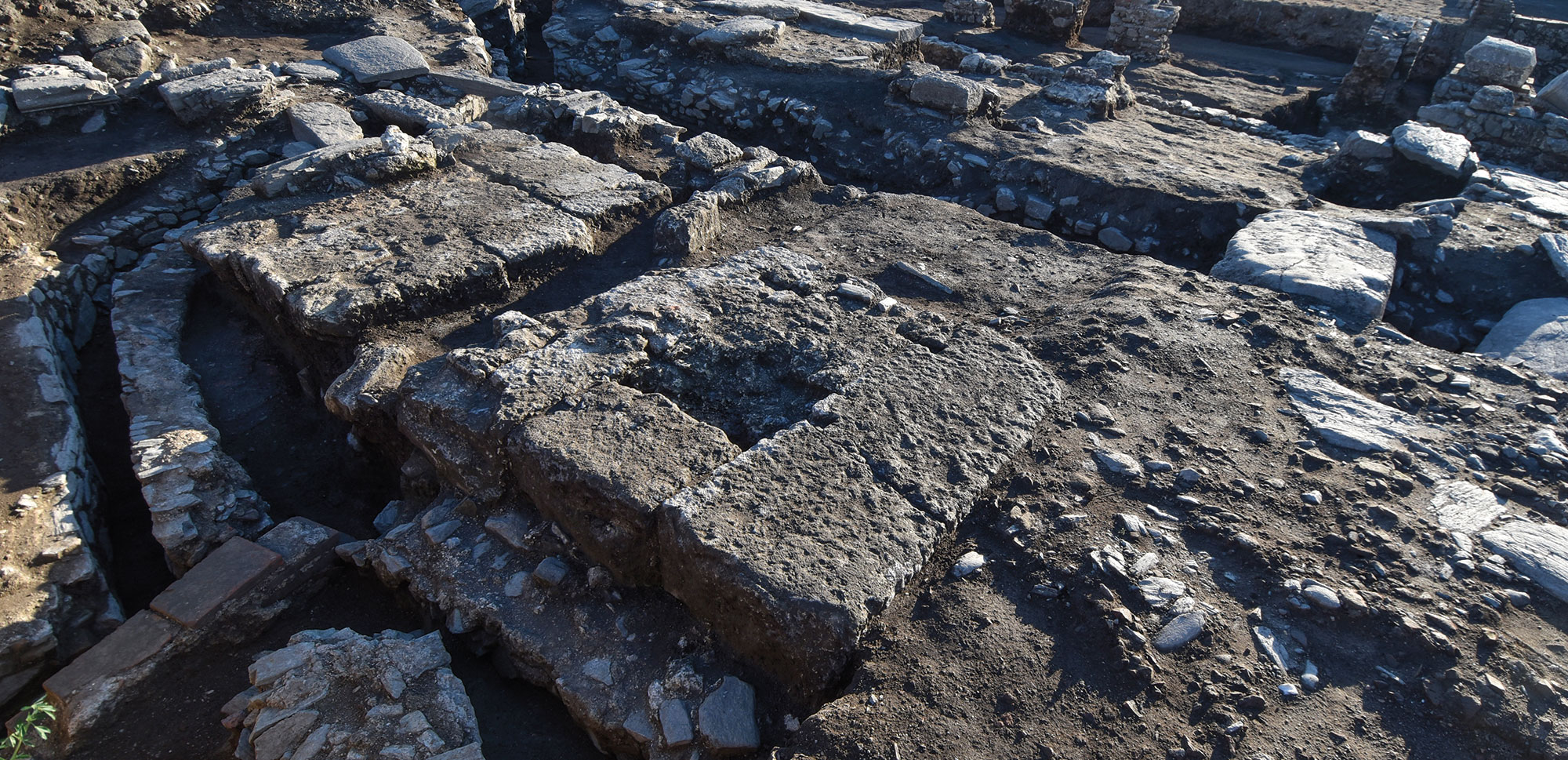 (Serbia’s Institute of Archaeology)
(Serbia’s Institute of Archaeology) -
Features July/August 2024
Rise and Fall of Tiwanaku
New dating techniques are unraveling the mystery of a sacred Andean city
